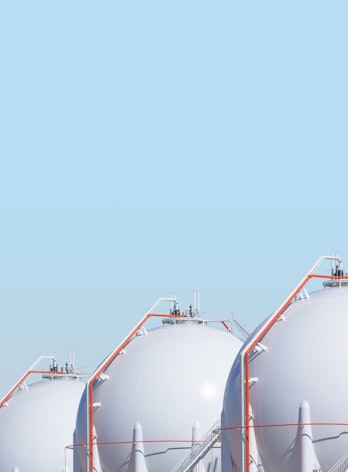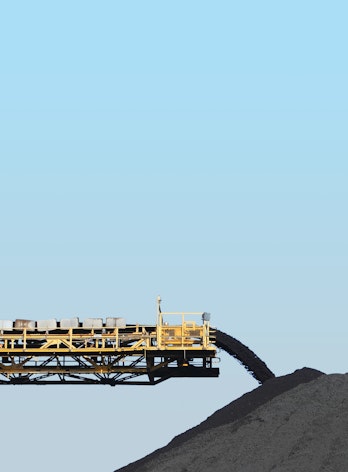Methane abatement
Methane abatement technologies include equipment and operational techniques that can be applied across oil and gas value chains to reduce emissions.
Read more
Methane has a much shorter atmospheric lifetime than CO2 but is a much more potent greenhouse gas. The energy sector is a major anthropogenic source of methane, second to agriculture. Approximately 83 Mt of methane was emitted from oil and gas operations in 2021, split roughly between the two. An additional 45 Mt methane released from coal mines the same year.
While methane emissions are diffuse and highly variable, making the magnitude of emissions uncertain, abatement technologies are reasonably well known. The challenge is to incentivise the deployment of these abatement technologies via voluntary or regulatory means.
IEA analysis focuses on equipment and operational techniques that can be applied across oil and gas value chains to reduce emissions. These technologies can mitigate methane emissions that occur by accident or by design.
For example, leak detection and repair programs are an effective way to reduce fugitive leaks in up and downstream stages. Vapour recovery units can be installed over crude oil and condensate storage tanks to reduce direct venting of methane to the atmosphere. Gas-driven devices that continuously release small amounts of methane can be replaced with low- or zero-emitting devices throughout oil and gas systems.
While methane emissions are diffuse and highly variable, making the magnitude of emissions uncertain, abatement technologies are reasonably well known. The challenge is to incentivise the deployment of these abatement technologies via voluntary or regulatory means.
IEA analysis focuses on equipment and operational techniques that can be applied across oil and gas value chains to reduce emissions. These technologies can mitigate methane emissions that occur by accident or by design.
For example, leak detection and repair programs are an effective way to reduce fugitive leaks in up and downstream stages. Vapour recovery units can be installed over crude oil and condensate storage tanks to reduce direct venting of methane to the atmosphere. Gas-driven devices that continuously release small amounts of methane can be replaced with low- or zero-emitting devices throughout oil and gas systems.
Last updated Feb 21, 2023
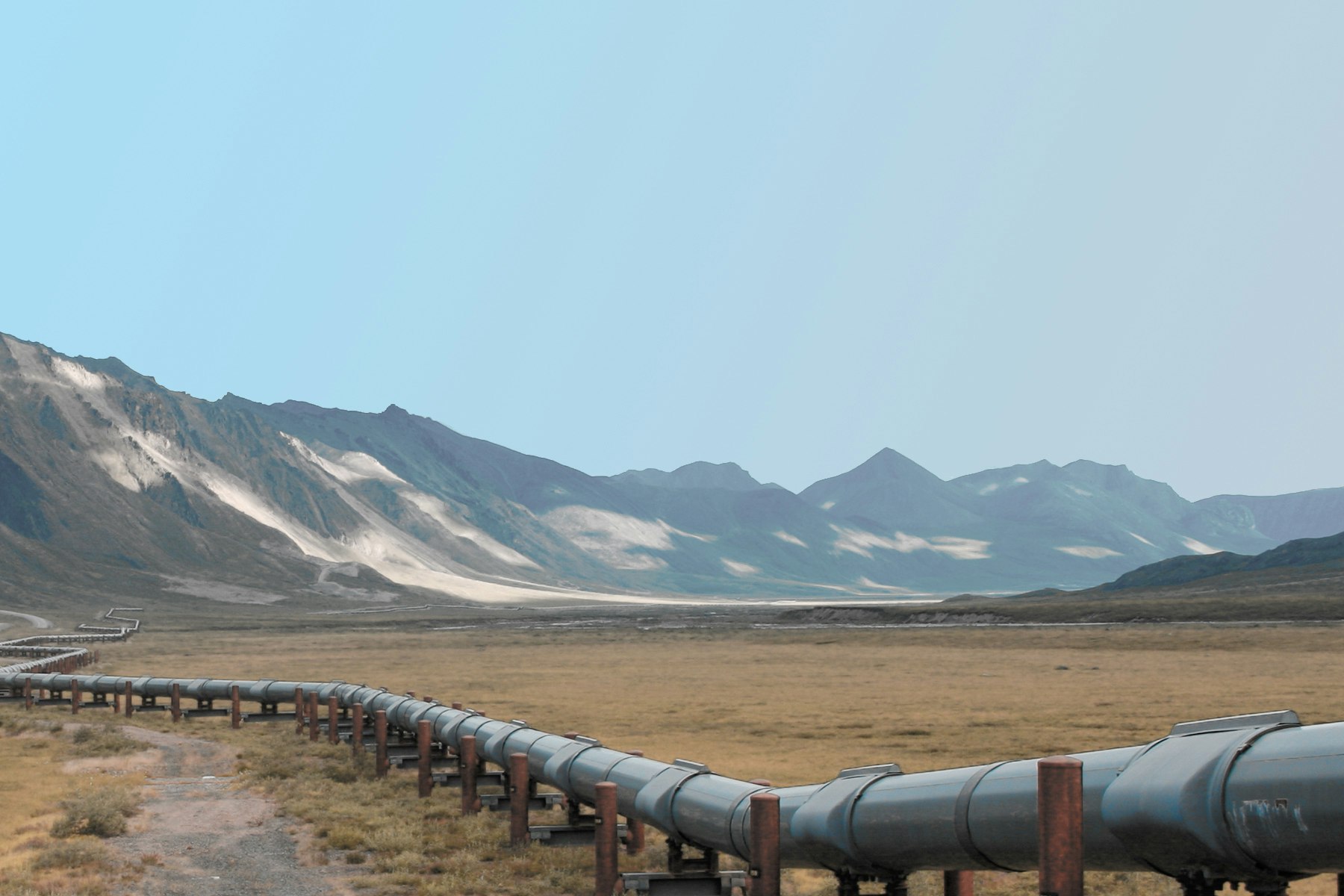
Key findings
Methane emissions from the global energy sector rose to nearly 135 Mt in 2022
The global energy sector was responsible for nearly 135 million tonnes of methane emissions in 2022, a slight rise from the amount in 2021. Coal, oil and natural gas operations are each responsible for around 40 Mt of emissions and nearly 5 Mt of leaks from end-use equipment. Around 10 Mt of emissions comes from the incomplete combustion of bioenergy, largely from the traditional use of biomass. The energy sector is responsible for nearly 40% of total methane emissions attributable to human activity, second only to agriculture.
There is a huge opportunity to cut methane emissions from the energy sector. We estimate that around 70% of methane emissions from fossil fuel operations could be reduced with existing technology. In the oil and gas sector, emissions can be reduced by over 75% by implementing well-known measures such as leak detection and repair programmes and upgrading leaky equipment. In the coal sector, more than half of methane emissions could be cut by making the most of coal mine methane utilisation, or by flaring or oxidation technologies when energy recovery is not viable.
There is a huge opportunity to cut methane emissions from the energy sector. We estimate that around 70% of methane emissions from fossil fuel operations could be reduced with existing technology. In the oil and gas sector, emissions can be reduced by over 75% by implementing well-known measures such as leak detection and repair programmes and upgrading leaky equipment. In the coal sector, more than half of methane emissions could be cut by making the most of coal mine methane utilisation, or by flaring or oxidation technologies when energy recovery is not viable.
Global methane emissions from the energy sector, 2000-2022
OpenGlobal methane emissions increased in 2021, more action is needed by policy makers
Fossil fuel operations generate over one-third of all methane emissions from human activity. Action on methane is therefore one of the most effective steps the energy sector can take to mitigate climate change. Global methane emissions from fossil fuel operations increased by close to 5% in 2021 to over 120 Mt, mostly due to the rebound in fossil fuel production. Under the Net Zero Emissions by 2050 Scenario, total methane emissions from fossil fuel operations fall by around 75% between 2020 and 2030.
Policy makers have at their disposal well-established policy tools that have been demonstrated as effective in driving reductions in these emissions in many contexts, including leak detection and repair programmes, technology standards and bans on non-emergency flaring and venting
Policy makers have at their disposal well-established policy tools that have been demonstrated as effective in driving reductions in these emissions in many contexts, including leak detection and repair programmes, technology standards and bans on non-emergency flaring and venting
Methane emissions from fossil fuels in the Net Zero Scenario, 2000-2030
OpenExplore more data
Analysis
-
Methane Tracker 2021
Helping tackle the urgent global challenge of reducing methane leaks
-
Driving Down Methane Leaks from the Oil and Gas Industry
A Regulatory Roadmap and Toolkit
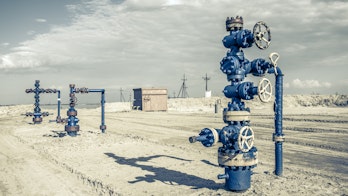
-
Driving Down Coal Mine Methane Emissions
A regulatory roadmap and toolkit
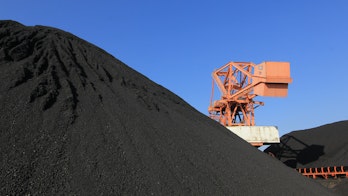
-
Global Methane Tracker 2023
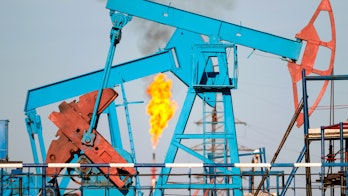
-
The Energy Security Case for Tackling Gas Flaring and Methane Leaks
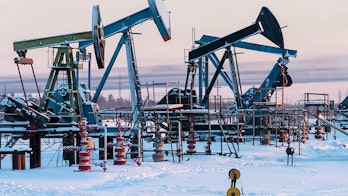
-
Global Methane Tracker 2022
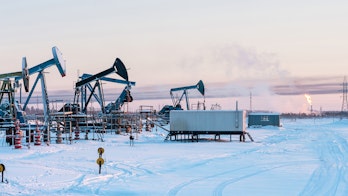
-
Curtailing Methane Emissions from Fossil Fuel Operations
Pathways to a 75% Cut by 2030
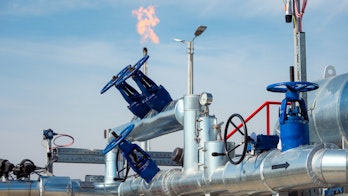
-
The case for regulating downstream methane emissions from oil and gas
Events
31 May 2022 15:00—16:30
30 Mar 2022 10:00—12:00
Driving down methane emissions from fossil fuel operations in China
02 Nov 2021 14:00—15:00
IEA at COP26: Launch of Global Methane Pledge
7 Oct 2021

